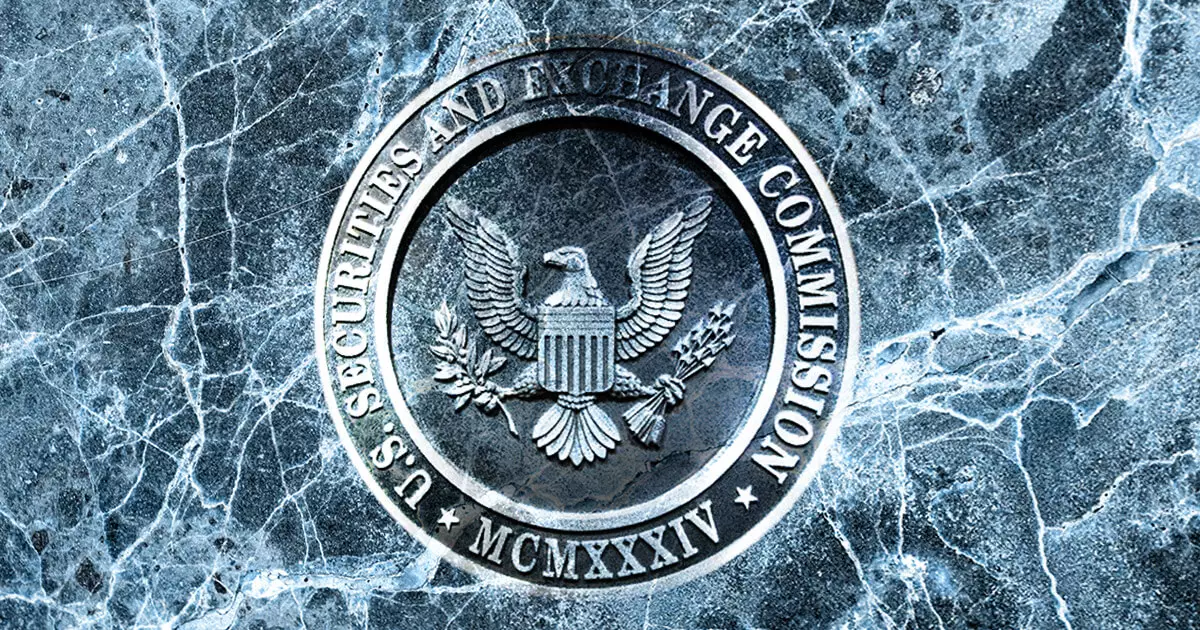US Securities and Exchange Commission (SEC) Commissioner Mark T. Uyeda has highlighted the necessity of developing specialized S-1 registration forms tailored specifically for digital asset securities. During the Korea Blockchain Week 2024 event on Sept. 3, Uyeda emphasized the need for updating the SEC’s regulatory tools to effectively address the unique characteristics of digital assets. While the traditional S-1 form serves as a crucial document for US issuers looking to offer new securities to the public by providing financial disclosures like income and cash flow statements, Uyeda argued that these forms may not adequately capture the complexities of digital asset securities.
The complexities surrounding the regulation of digital asset securities have sparked debates within the SEC, particularly in light of legal disputes with major industry players like Ripple and Coinbase. These firms have criticized the SEC for failing to provide clear definitions of what constitutes a security in the context of digital assets, leading to uncertainty and legal challenges. They advocate for regulatory reforms that offer clarity, consistency, and predictability in rules to promote innovation and protect investors.
Uyeda’s concerns extend beyond the lack of tailored registration options for digital asset securities. He argues that the absence of clear regulatory guidelines poses unnecessary burdens on sponsors, forcing them to provide disclosures that may not be relevant or feasible. To address this, Uyeda calls for an adaptive regulatory framework that acknowledges the unique nature of digital assets, which fall under the category of securities according to federal law. The ongoing regulatory uncertainty has been a contentious issue, with industry players pushing for reforms that prioritize clarity and support for the digital asset industry.
Uyeda also highlights the broader regulatory uncertainty in the digital asset space, noting that the SEC has yet to take definitive action in this area. He suggests that the agency should explore new legislation or rulemaking to establish clearer guidelines for the industry. Despite the increasing relevance of digital assets, these issues have not received top priority in the SEC’s regulatory agenda under Chair Gary Gensler. Uyeda emphasizes the importance of considering international developments, particularly in regions like the European Union, South Korea, and Japan, when formulating future regulations for digital assets.













